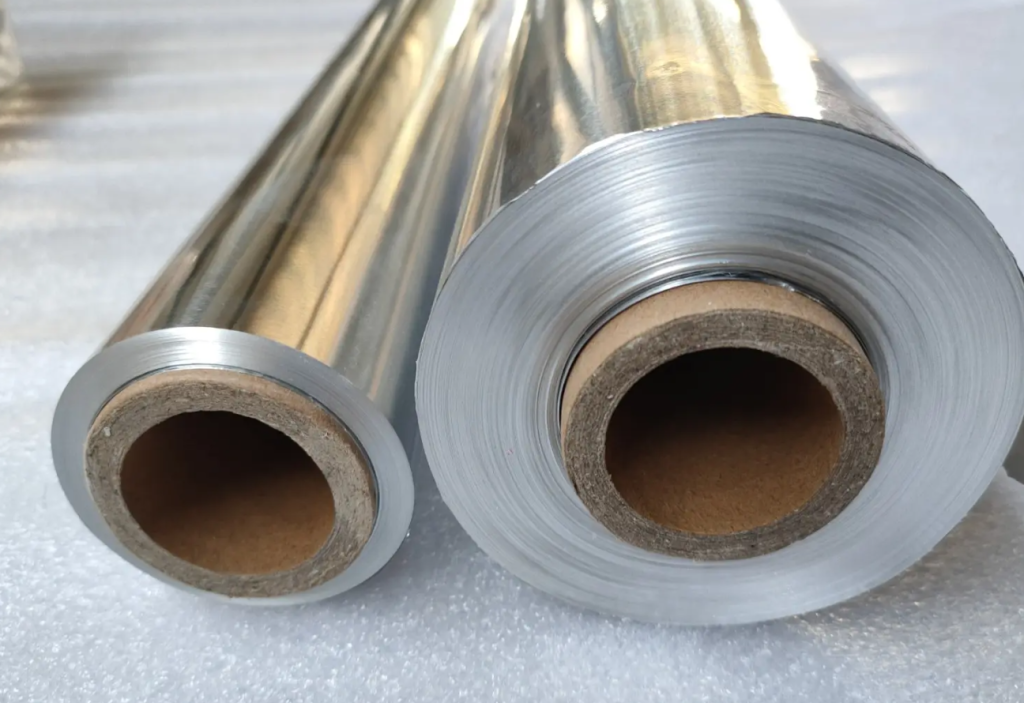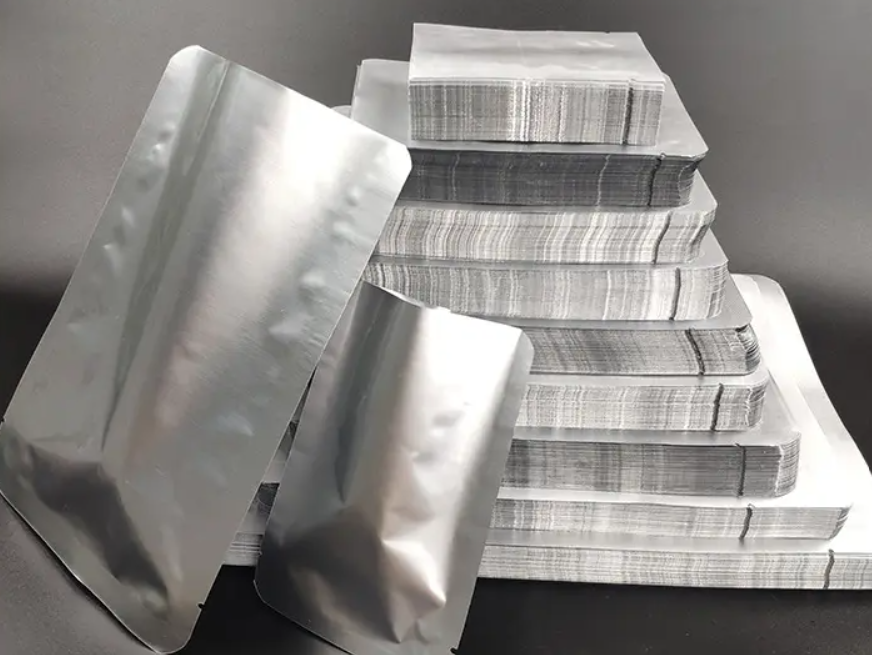When making aluminum foil cooking bags, choosing the right raw materials is crucial to ensure the safety, effectiveness, and quality of the final product. Here are some key factors to consider when selecting raw materials for aluminum foil cooking bags:
Food-Grade Aluminum Foil
Ensure that the aluminum foil used is specifically designated as food-grade or food-safe. Food-grade aluminum foil is manufactured and treated in a way that makes it safe for direct contact with food. Look for aluminum foil that complies with relevant food safety regulations and standards in your region or country.

Thickness and Strength
Choose aluminum foil with an appropriate thickness and strength for cooking applications. Thicker foil tends to be more durable and resistant to tearing or puncturing, which is important for containing food securely during cooking. Consider the type of foods you intend to cook in the bags and select foil thickness accordingly. For heavier or denser foods, thicker foil may be preferable.
Heat Resistance
Opt for aluminum foil that offers high heat resistance to withstand the temperatures used in cooking. The foil should be able to withstand baking, grilling, steaming, or any other cooking method without melting or deforming. Check the specifications of the aluminum foil to ensure it is suitable for use in oven or barbecue cooking, if applicable.
Non-Stick Coating (Optional)
Some aluminum foils come with a non-stick coating applied to one side. This coating can help prevent food from sticking to the foil during cooking and make cleanup easier. If desired, choose aluminum foil with a non-stick coating for added convenience, especially when cooking foods that are prone to sticking, such as cheese or marinades.
Compatibility with Food Types
Consider the types of foods you plan to cook in the aluminum foil bags and ensure that the chosen foil is compatible with them. For acidic or reactive foods (e.g., tomatoes, citrus fruits), select aluminum foil that is resistant to corrosion and does not impart any metallic taste or odor to the food.

Sustainability and Environmental Impact
Choose aluminum foil that is produced using sustainable practices and materials whenever possible. Look for foil made from recycled aluminum or produced by manufacturers committed to reducing environmental impact. Consider the recyclability of the aluminum foil after use and opt for products that are easily recyclable in your local recycling facilities.
By carefully considering these factors when choosing raw materials for aluminum foil cooking bags, you can ensure that your final product meets safety standards, performs effectively during cooking, and minimizes environmental impact.


